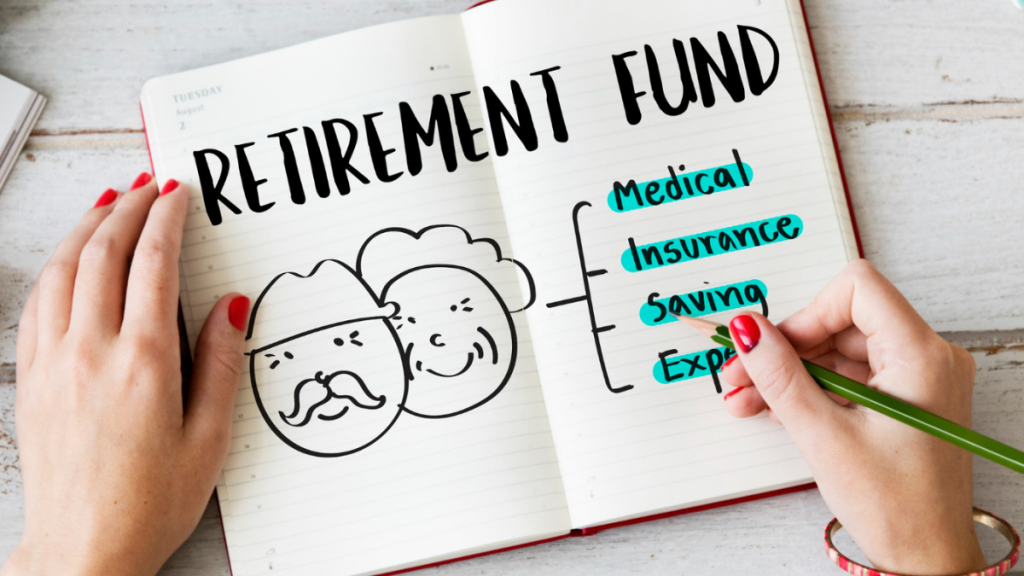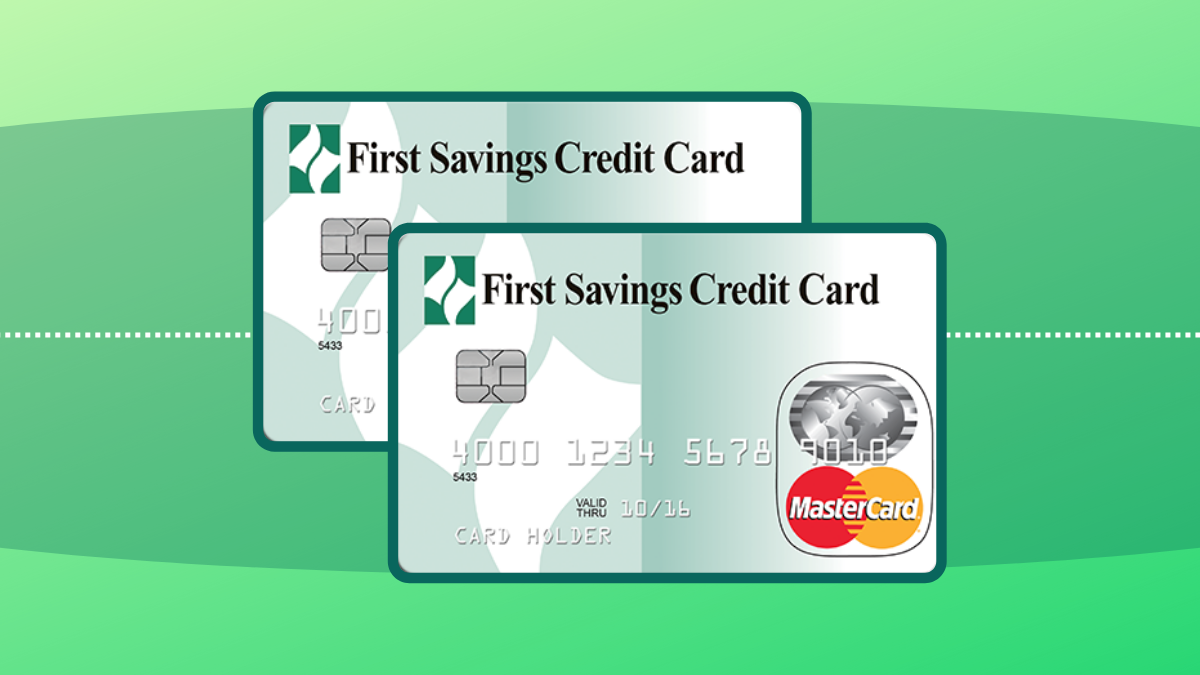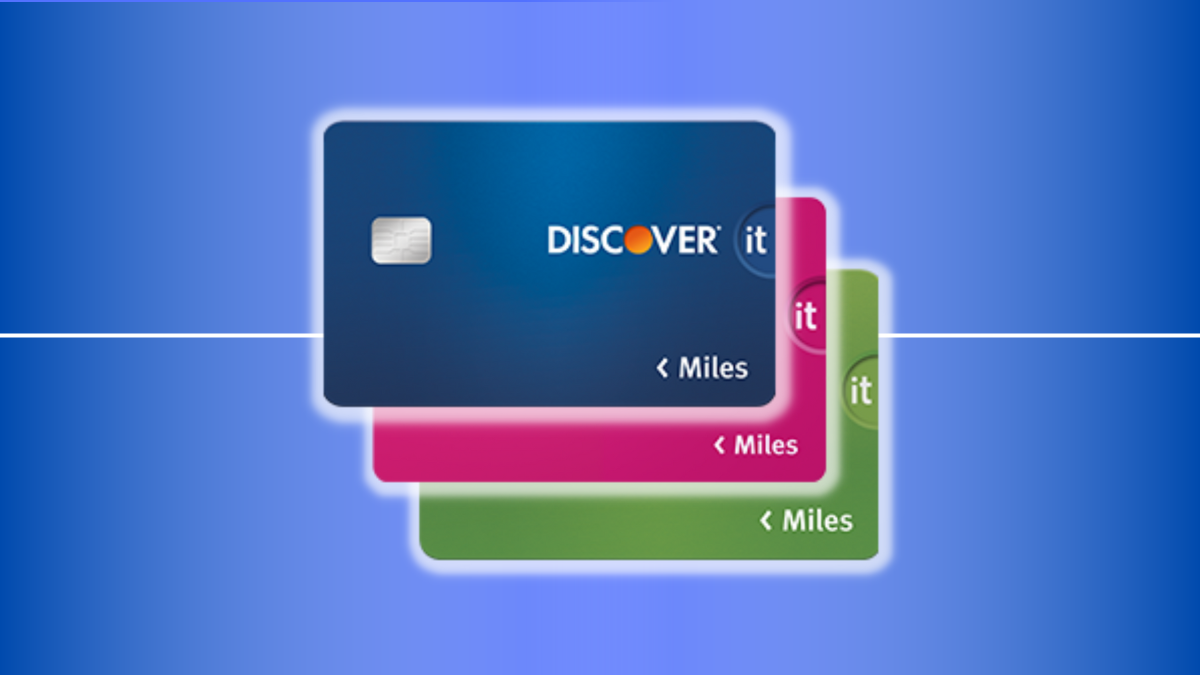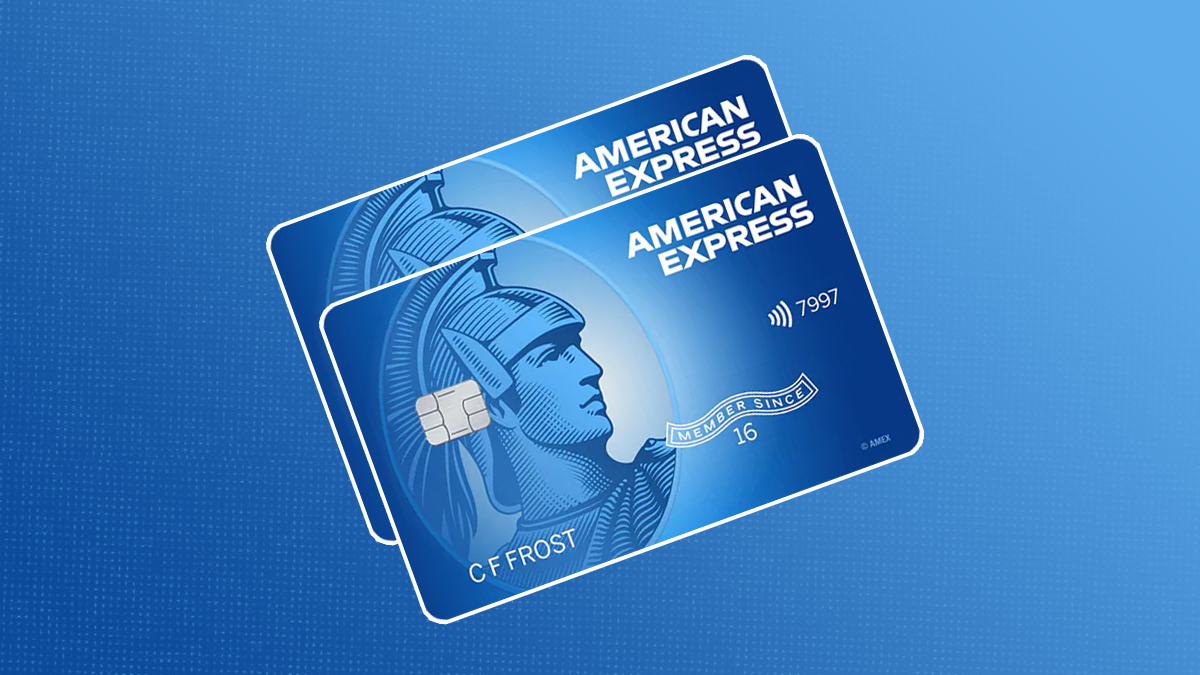Investments
Private retirement plan: is it a good idea?
If you're wondering whether a private retirement plan is a good idea, this article is going to help you think about that.
Advertisement
If you’re considering buying a private retirement plan, this article is for you

Private retirement plans can be a good idea for individuals who want to supplement their retirement income. It allows them to ensure they have enough savings to support themselves in their later years.
Private retirement plans, such as 401(k)s or IRAs, can offer tax benefits and allow individuals to save money for retirement on a regular basis.
Additionally, many employers offer matching contributions to their employees’ retirement plans, which can help boost savings even further.
However, it’s important to note that private retirement plans are not without risks. Market fluctuations can cause the value of retirement accounts to decrease.
That could impact the amount of retirement income available. Additionally, early withdrawals from retirement accounts can come with penalties and taxes.
In this article, we are going to cover some of the best retirement plans available and how you can go about choosing the right one for you.

Find out out how rich people invest their money
If you are trying to understand how rich folks take care of their wealth you have come to the right place. Read on and find out how rich people invest their money.
Types of private retirement plans
Let’s check out the different kinds of retirement plans together. If you need a hand, we recommend you find a financial advisor to clarify your eventual questions.
You will be redirected to another website
By submitting this form, I agree that I am 18+ years old and I agree to the Privacy Policy and Terms and Conditions. I also provide my signature giving express consent to receive marketing communications via automated emails, SMS or MMS text messages and other forms of communication regarding financial products such as credit card and loans. Message frequency varies and represents our good faith effort to reach you regarding your inquiry. Message and data rates may apply. Text HELP for help or text STOP to cancel. I understand that my consent to receive communications is not a condition of purchase and I may revoke my consent at any time.
Self-employed individuals and small-business owners

As per a 2022 report from the Bureau of Labor Statistics, almost a third of employees lack access to an employer retirement plan.
This is especially true for small businesses, where only around half of the workers get a retirement savings plan. So, a private retirement plan is a good idea to keep you safe in your older age.
If you’re self-employed or run a small company, you have various retirement plans at your disposal.
Some are 401(k)-type plans, while others are IRA-based. Additionally, there are contribution plans like profit-sharing plans.
Benefits of self-employed retirement plans:
- These plans have higher contribution limits if you compare them to most employer plans and IRAs.
- Self-employed retirement plans often offer more investment choices than traditional employer-sponsored plans.
- Setting up these plans is relatively easy, and it won’t be a significant burden on the employer, i.e., the small-business owner.
- You may be able to open an account at a financial institution you already use.
- As a self-employed individual, you can make generous profit-sharing contributions to your account and elective deferrals as an employee.
Drawbacks of self-employed retirement plans:
- Employer contributions may be discretionary, putting the majority of the savings burden on plan participants.
- Establishing and maintaining a more complex private retirement plan can require additional effort from the employer.
- Certain plans have limits for early withdrawals compared to traditional IRAs and employer-sponsored retirement plans.
- To take a loan from some plans, you must meet specific requirements and submit an application.
- For self-employed individuals, the profit-sharing cap is about 20% of net profits due to Federal Insurance Contribution Act taxes on net profits.
Employer-sponsored retirement plans
A 401(k) plan is a popular type of employer-sponsored retirement plan. It allows employees to save and invest for their future.
Also, the main advantage of a 401(k) plan is the opportunity to receive free money from your employer. This happens in the form of matching contributions.
Furthermore, many employers offer a matching contribution up to a certain percentage of an employee’s salary. Consequently, that can significantly boost their retirement savings.
In addition to employer contributions, 401(k) plans also offer tax benefits. The contributions you make to traditional 401(k) plans are pre-tax dollars. That can lower an employee’s taxable income.
Roth 401(k) plans, on the other hand, receive after-tax dollars, but withdrawals in retirement are tax-free.
However, there are also some disadvantages to 401(k) plans. There’s a limit to investment options to those your employer choses. This may not meet your needs.
Additionally, management and administrative fees can eat into investment returns over time.
Before enrolling in a 401(k) plan, it’s important to carefully consider the advantages and disadvantages.
You should also determine whether it’s the best option for your individual financial situation.
Other types of retirement plans, such as traditional or Roth IRAs, may be better for some individuals.
Consulting with a financial advisor can help you make the best decision for your retirement savings strategy.
Individual Retirement Accounts (IRAs)

Individual Retirement Accounts (IRAs) are a popular option for retirement planning. These accounts can be established at financial institutions, like banks and brokerage firms.
They can also hold various investments for retirement purposes. The IRS sets annual contribution limits for IRAs and determines how they tax funds, depending on the type of IRA.
IRAs provide greater control and flexibility over investment choices than workplace retirement plans. If eligible, individuals can contribute to both Roth and traditional IRAs.
However, IRAs have lower annual contribution limits compared to most workplace retirement accounts.
Modified adjusted gross income and decrease for incomes above a certain threshold determine Roth IRA contribution limits.
Traditional IRAs have fewer income restrictions. However, deduction limits may apply if the account holder or their spouse has a retirement plan at work.
Deciding between Roth and traditional IRAs requires consideration of future tax situations.
While some may prefer the immediate tax break of traditional IRAs, others may find the tax-free income of Roth IRAs more appealing.
Overall, Roth IRAs are often a better choice for most eligible retirement savers. When opening an IRA, it’s important to look for a provider with low fees.
In Conclusion
If you’re considering opting for a private retirement plan, there are several things you should keep in mind.
Firstly, it’s important to understand that private retirement plans are not government-backed and are subject to market risks.
Therefore, it’s essential to carefully evaluate your investment options and consider diversifying your portfolio to mitigate risks.
Secondly, you should be aware of the fees associated with the plan, as they can significantly impact your earnings over time. Look for a plan with low fees to ensure you keep more of your returns.
Additionally, keep in mind that private retirement plans often have lower contribution limits than employer-sponsored plans, so you may need to consider other options if you want to save more for retirement.
Finally, be aware of the tax implications of your plan. Contributions to traditional retirement plans are tax-deductible, while contributions to Roth plans are not, but the earnings grow tax-free.
Consider your tax situation and future financial goals when choosing between the two options.
In summary, when opting for a private retirement plan, be sure to evaluate investment options.
Also, consider fees, be aware of contribution limits, and understand the tax implications. By keeping these things in mind, you can make an informed decision that helps you secure your financial future.
Simple ways to save money: start now and enjoy later
Now that you know the importance of having a retirement plan, know that you should also start saving for an emergency fund too.
There are many reasons to save money, and the sooner you start, the better. In the following article, we’ll tell you a few simple ways to save money.
Read on and start building a safer future for you and your family.

Simple ways to save money
Are you looking for some simple ways to save money? Check out our suggestions with some easy tips that will help you reduce your expenses and improve your finances.
About the author / Danilo Pereira
Trending Topics

Get your First Savings Credit Card: online application
In this First Savings Credit Card application guide, we will show you how to get this card so that you can start building your credit.
Keep Reading
Discover it® Miles application: No annual fee
Trying to figure out how to get a nice mileage credit card? Read this Discover it® Miles application guide and learn how.
Keep Reading
First Latitude Platinum Mastercard® Secured Credit Card application
Learn how to apply for a First Latitude Platinum Mastercard® Secured Card and start working on a healthier financial life today!
Keep ReadingYou may also like

Blue Cash Everyday® credit card application
Read this post to learn how to apply for a Blue Cash Everyday® credit card. Add it to your wallet and enjoy all of its amazing benefits.
Keep Reading
NedBank SAA Voyager Gold Credit Card application
Get access to exclusive rewards, discounts, and VIP treatment with the Nedbank SAA Voyager Gold Card. Learn how you can apply for it today!
Keep Reading
Citi Chairman Amex card review: private jets and low interest rates
Citi Chairman Amex review: this card caters to high-end customers with high purchasing power. Access to private jets and more!
Keep Reading